Mumbai | October 7, 2025 | Sarhind Times Business & City Desk
As the Global Fintech Fest 2025 opens today at Jio World Centre, Bandra-Kurla Complex (BKC), Mumbai’s business heart beats with anticipation—and traffic stress. The three-day event, hosting global leaders from finance, technology, and policy, has prompted police advisories, road diversions, and surge-pricing alerts as the city braces for VVIP convoys, startup showcases, and thousands of delegates flooding its financial arteries.
The Global Fintech Fest Returns Bigger, Busier, and Bolder
The Global Fintech Fest (GFF 2025), now in its sixth edition, has emerged as one of Asia’s largest technology-finance conferences. This year’s theme, “Powering the Next Wave of Financial Innovation,” promises panels on AI-driven credit systems, fraud analytics, blockchain-based cross-border payments, and digital public infrastructure.
Over 35,000 delegates, including ministers, central bankers, CEOs, venture capitalists, and startup founders, are expected to attend across three days, making BKC the world’s busiest fintech address this week.
The event coincides with a packed domestic calendar—India Mobile Congress 2025 opens in Delhi tomorrow—cementing the nation’s positioning as a dual capital of technology and financial innovation.
Mobility Challenge: BKC on Alert
The Mumbai Traffic Police has deployed extra personnel, barricades, and temporary one-way diversions across Bandra-Kurla Complex, MMRDA grounds, and the Jio World Centre perimeter. Alternate routes have been suggested for daily commuters connecting from Kurla, Bandra (East), and Santacruz-Chembur Link Road.
Key choke points flagged:
- BKC Main Road near MMRDA Grounds
- Kalanagar Junction
- BKC–Kurla Connector
- Bandra-Worli Sea Link access points
- Trident–Jio World Centre belt
Police advised office-goers to stagger timings and rely on metro, suburban rail, and BEST feeder buses.
“The scale of the event requires controlled movement. We appeal to citizens to cooperate,” said Joint Commissioner of Traffic, Pravin More.
In coordination with MMRDA, the police have designated temporary parking zones for shuttle and VIP vehicles. Metro frequency between BKC–Dharavi–Wadala has been increased during morning and evening peaks.
Corporate Rush: Hotels and Co-Working Spaces Overflowing
Hotels and serviced apartments within a 3 km radius of BKC report full occupancy. Premium chains like Trident, Sofitel, Taj Lands End, and The Capital confirmed weeks of advance bookings. Several startups and fintech delegations from Singapore, London, and Dubai have opted for co-working spaces such as WeWork, Smartworks, and Awfis, converting boardrooms into demo pods.
“Demand has been unprecedented. We converted conference halls into workspace zones for fintech teams,” said Rishabh Mehta, operations head of a BKC co-working facility.
Local restaurants, coffee chains, and chauffeur services are witnessing a parallel boom. But for daily commuters, it’s another story—ride-hailing apps recorded 40–60% surge pricing during early sessions as traffic police temporarily sealed off roads for convoys of dignitaries and global delegates.
Inside the Fest: A Fusion of Tech, Trust, and Transformation
The GFF’s mainstage opened this morning with a high-energy keynote from Finance Minister Nirmala Sitharaman, joined by RBI Governor Shaktikanta Das, IMF officials, and fintech CEOs from around the world.
Panels throughout the day will explore:
- AI in underwriting and risk management
- Quantum finance and cybersecurity models
- RegTech and compliance automation
- Financial inclusion through Digital Public Infrastructure (DPI)
- Cross-border digital payment rails using UPI 2.0
- Green fintech and climate-linked finance
Day 2 will host startup pitches, investor roundtables, and innovation challenges, while Day 3 concludes with announcements on public-private partnerships and awards for regulatory excellence.
“India’s fintech success story is not just about innovation—it’s about scale, inclusion, and resilience,” said Sanjay Khanna, CEO of Finovate India, during a media briefing.
VVIP Movements and Security Bandobast
Given the high-profile guest list—including Union ministers, foreign ambassadors, global bank executives, and startup founders—security has been tightened across the BKC perimeter. The Mumbai Police, CISF, and private event security teams have implemented four-layered entry checks.
Drone monitoring, facial recognition-based entry passes, and RFID vehicle tags have been deployed to manage traffic and crowd density.
The Bandra police station has set up a 24-hour coordination cell, integrating feeds from traffic cameras, metro security, and the event command center.
City Reacts: Between Pride and Patience
For Mumbaikars, the Global Fintech Fest is a mixed blessing—global recognition comes at the cost of local congestion.
“Every year, BKC turns into a parking lot during major events. But it’s also good for Mumbai’s image. We just hope for smoother logistics,” said Meenal D’Souza, a corporate employee who commutes daily from Kurla.
Taxi drivers see it differently.
“We earn more in surge hours but waste fuel stuck near Jio Centre,” said Salim Sheikh, an Uber driver from Bandra East.
Civic groups have urged the government to plan a dedicated convention access corridor—an idea under review by MMRDA to separate public commuters from event-bound traffic in BKC.
Economic Boost: The Ripple Effect of Mega Summits
City planners view GFF as more than a conference—it’s an economic catalyst.
A 2024 assessment by the Maharashtra Tourism Board pegged direct economic impact at ₹400 crore, factoring in hospitality, logistics, and retail.
This year, with broader international participation, that figure could exceed ₹600 crore. The event also doubles as a recruitment hub, where fintech startups scout engineers, analysts, and designers.
The BKC’s transformation into India’s “Innovation Quarter” aligns with the Mumbai Economic Vision 2030, which aims to position the city as a global fintech and maritime finance hub.
Fintech Themes: The Future Being Forged
1. AI and Risk Tech
Companies are showcasing AI models that process alternative credit data—analyzing social behavior and transaction patterns to improve lending to underserved segments.
2. Cross-Border Payments
Startups are integrating UPI-compatible international payment systems, especially across UAE, Singapore, and UK corridors, positioning India as a cross-border payments leader.
3. RegTech and Cybersecurity
Sessions focus on automated compliance, fraud analytics, and secure identity protocols—critical in an era of AI-powered scams.
4. Digital Inclusion
Banks and state fintech missions are discussing initiatives for small merchants, SHGs, and rural micro-entrepreneurs using DPI-linked digital wallets.
GFF’s Broader Message: Trust, Talent, and Technology
For India, GFF2025 is more than an expo—it’s a statement. The convergence of finance, AI, and governance underscores the nation’s intent to lead in ethical, inclusive technology.
International observers liken the event’s energy to Davos for the digital economy.
“No other emerging economy brings policy, startups, and capital under one roof at this scale,” said Helena Broussard, Head of Global Banking at the OECD, attending her third GFF in India.
Environmental Angle: Greener Events and Mobility Solutions
Sustainability partners of GFF have introduced EV shuttles, solar-powered booths, and zero-plastic catering policies. Attendees are encouraged to use QR-based passes instead of printed badges.
Still, critics question the environmental footprint of such mega-events, citing emissions from air travel and traffic congestion. MMRDA said carbon offsetting initiatives, including tree plantation drives in the Mithi River zone, are planned.
City Administration’s Assurance
Municipal Commissioner I.S. Chahal told Sarhind Times that contingency measures are in place:
“We’ve coordinated with traffic police, BEST, and metro to ensure mobility continuity. We urge citizens to use public transport for three days.”
An emergency medical response unit and temporary control center at BKC will operate round the clock until the event closes on October 9.
Conclusion: Mumbai on the Global Map Again
As BKC’s skyline glows under floodlights, Mumbai finds itself both exhilarated and exasperated. The Global Fintech Fest may cause three days of traffic chaos—but it’s also three days of global prestige.
For India’s financial capital, this is the price of ambition: progress occasionally collides with patience. And for citizens inching through BKC’s lanes, the sight of world leaders shaking hands inside Jio World Centre might just make it worth the wait.
#Mumbai #BKC #GFF2025 #TrafficAdvisory #Fintech
#DigitalIndia #Innovation #UrbanMobility #GlobalEvents




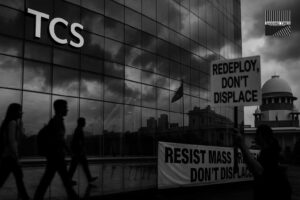






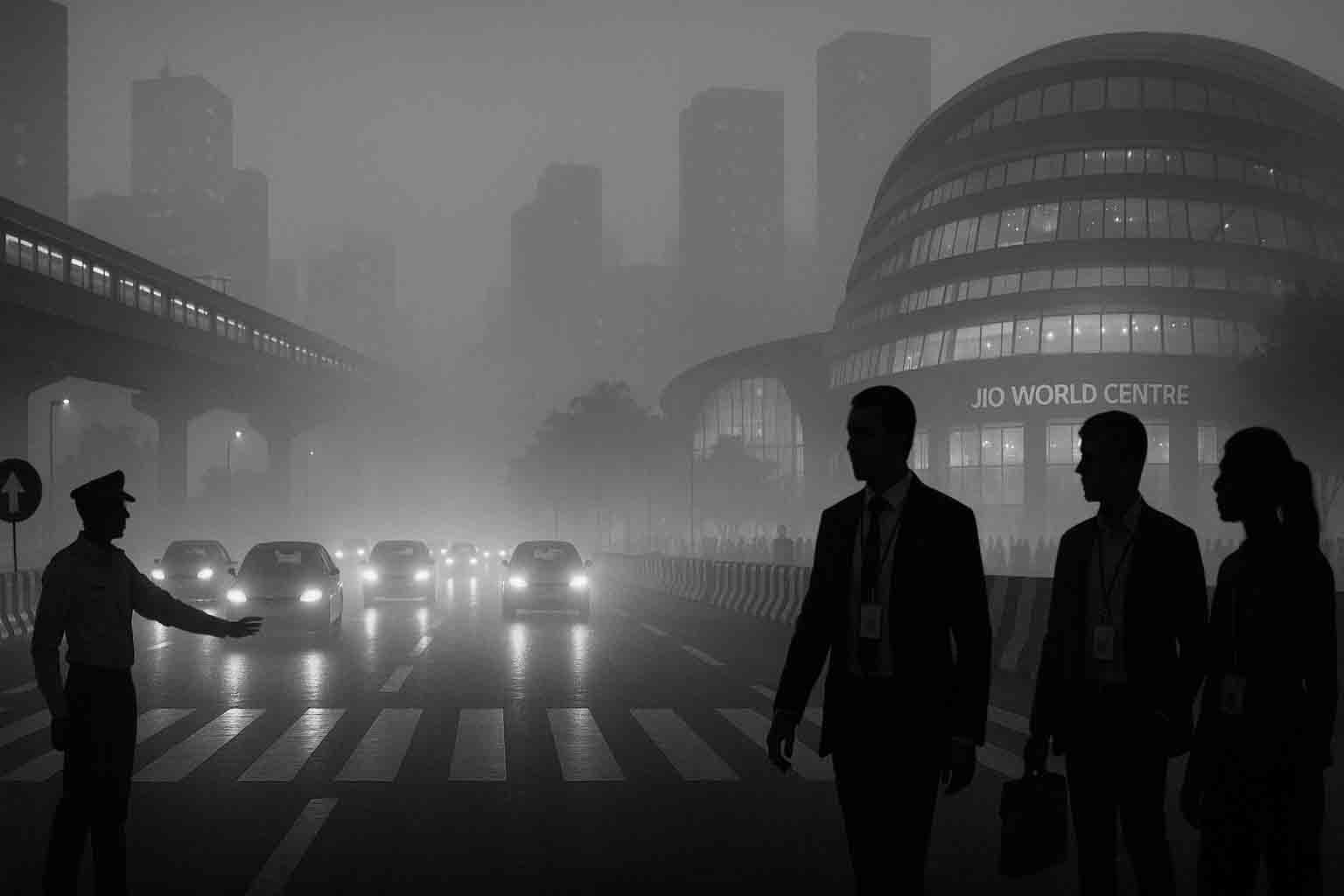
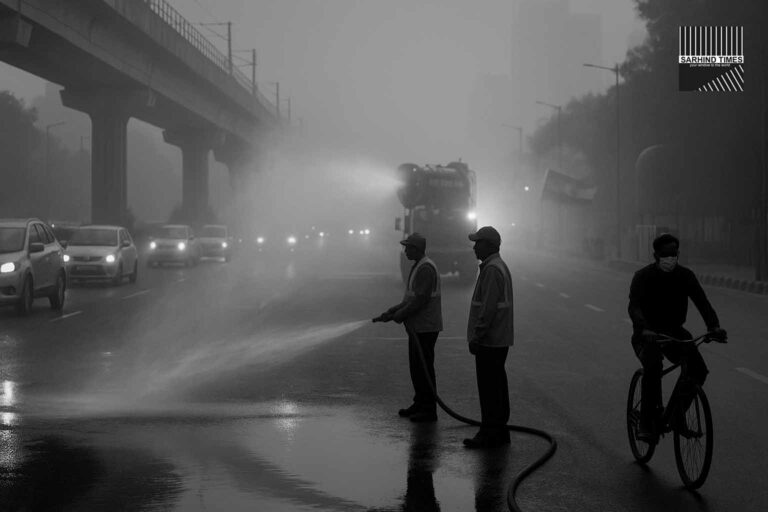
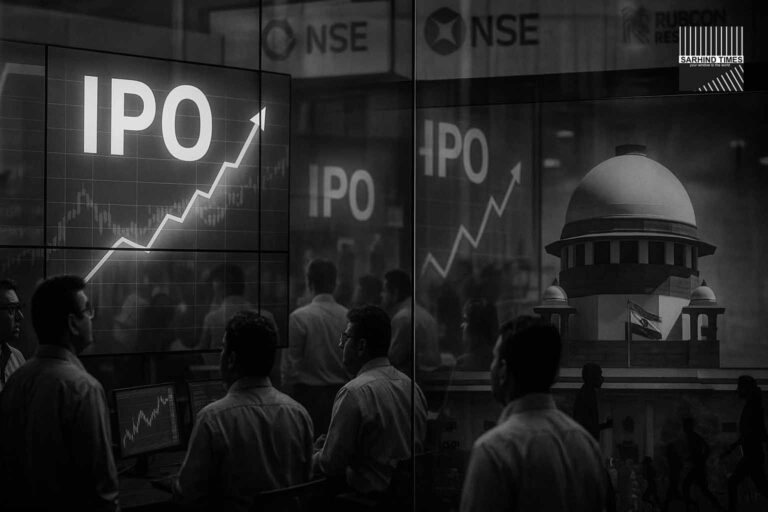
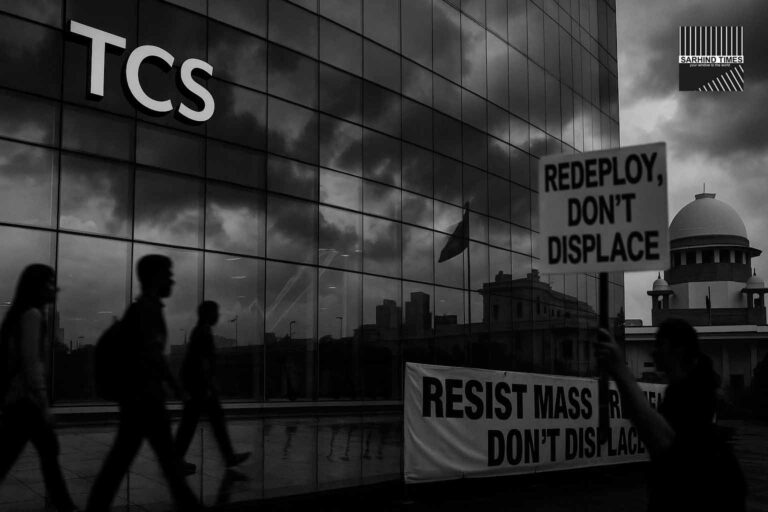
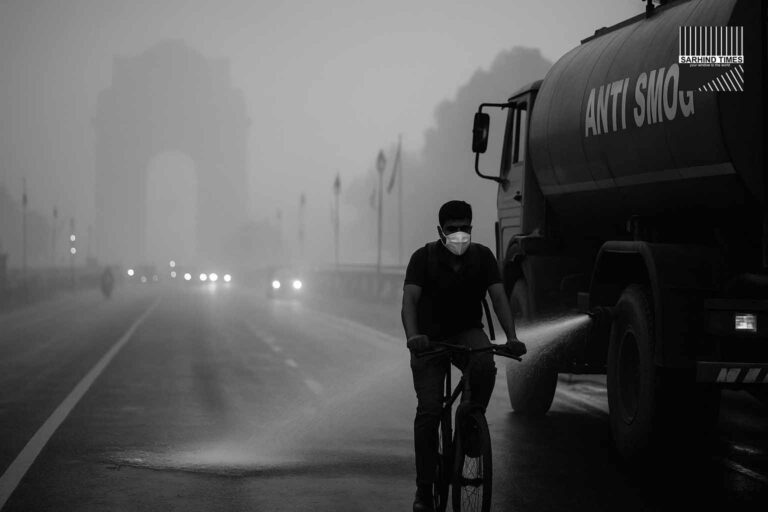



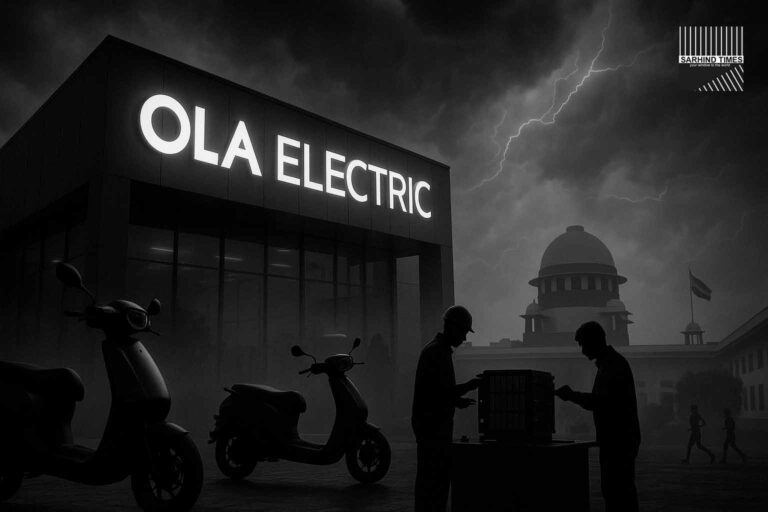
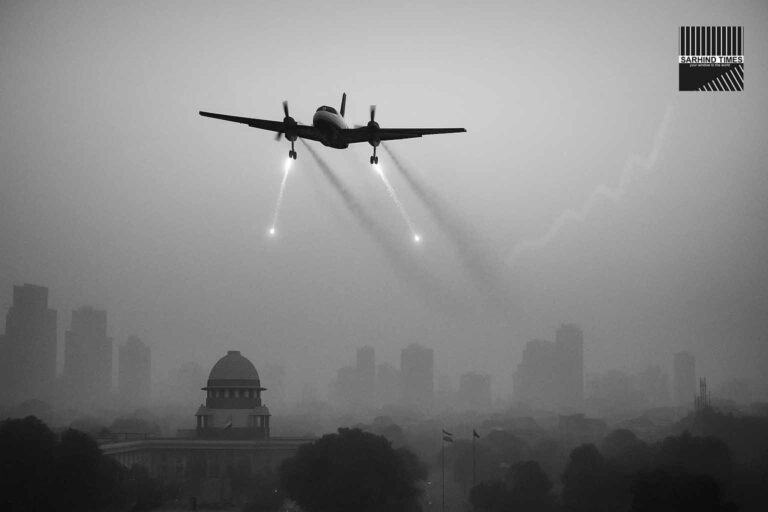
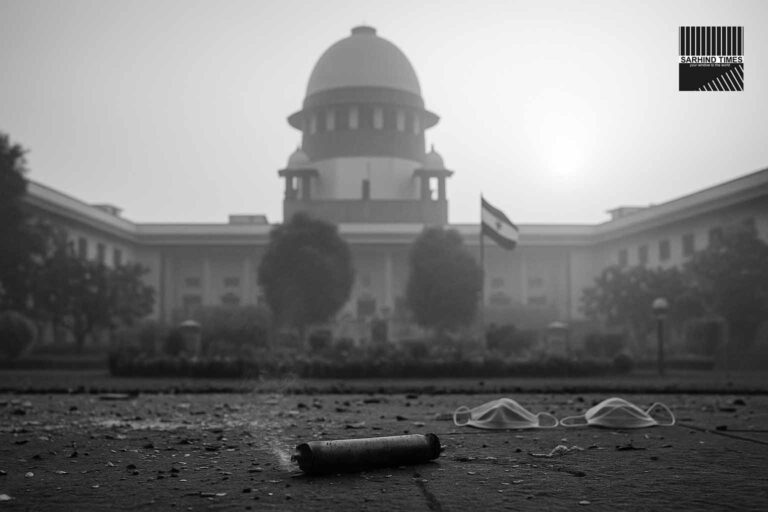
+ There are no comments
Add yours